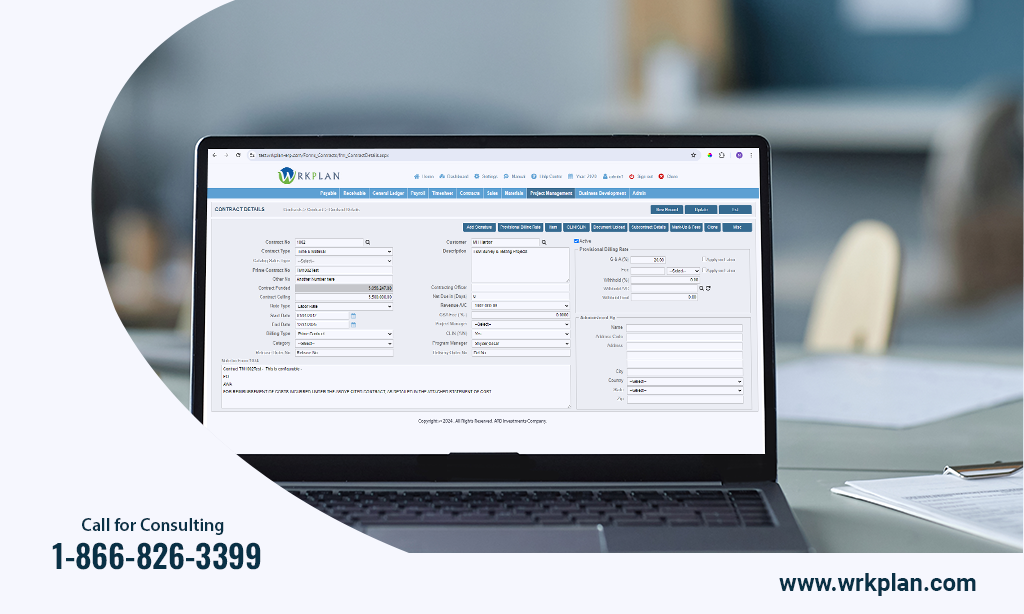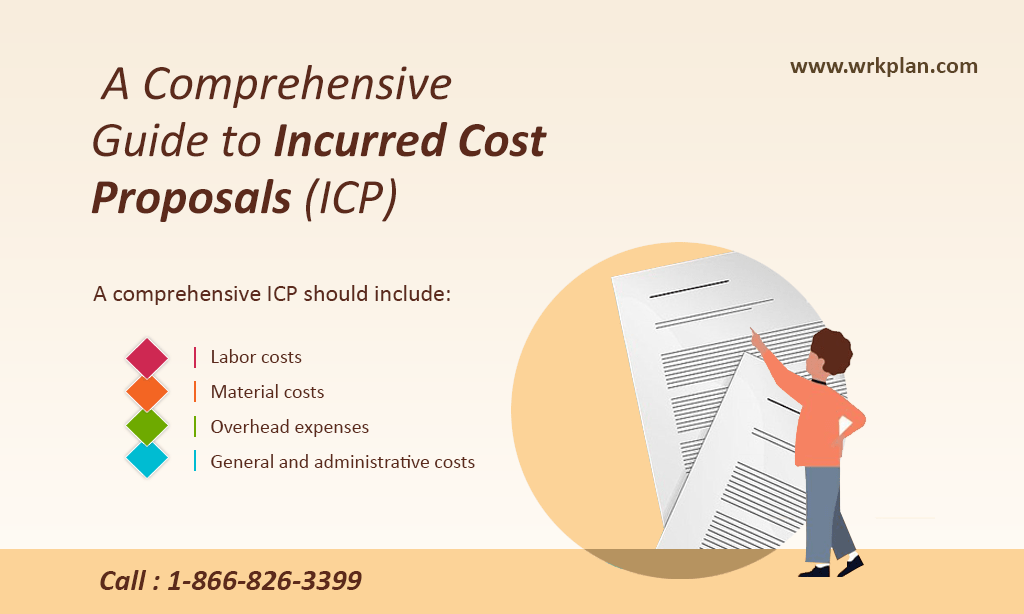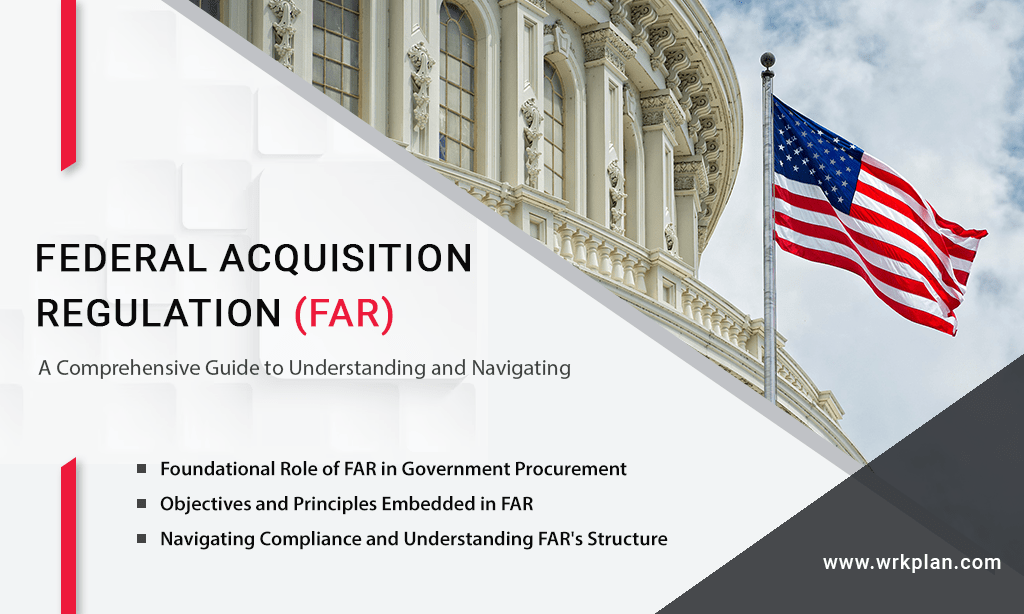Implementing an ERP system can be a complex process for any organization, but government contractors may face some unique challenges that need to be addressed during the implementation process. Here are some of the top challenges that government contractors face when implementing an ERP system:
- Compliance and Security: Government contractors need to ensure that their ERP system complies with various government regulations and security requirements, such as NIST SP 800-171, ITAR, and DFARS. Compliance and security requirements add complexity to the implementation process and can be time-consuming.
- Integration with Legacy Systems: Many government contractors have legacy systems in place that are critical to their operations. Integrating these systems with the new ERP system can be challenging and require additional resources.
- Data Migration: Moving data from legacy systems to the new ERP system can be a complex and time-consuming process. It’s essential to ensure that the data is migrated correctly and without any loss of data.
- User Adoption: ERP systems require significant changes in business processes and workflows. User adoption can be a significant challenge, and proper training and support are crucial to ensure a successful implementation.
- Customization: Government contractors may have unique requirements that are not available out of the box with the ERP system. Customization can be costly and may require additional time and resources.
- Budget Constraints: Budget constraints can be a significant challenge for government contractors. Implementing an ERP system can be expensive, and government contractors need to carefully plan their budget and prioritize their requirements.
- Scalability: Government contractors need an ERP system that can scale with their growing business needs. The ERP system should be flexible enough to adapt to changing business requirements.
By addressing these challenges during the implementation process, government contractors can ensure a successful implementation and achieve the benefits of an ERP system, such as increased efficiency, streamlined processes, and improved decision-making.












